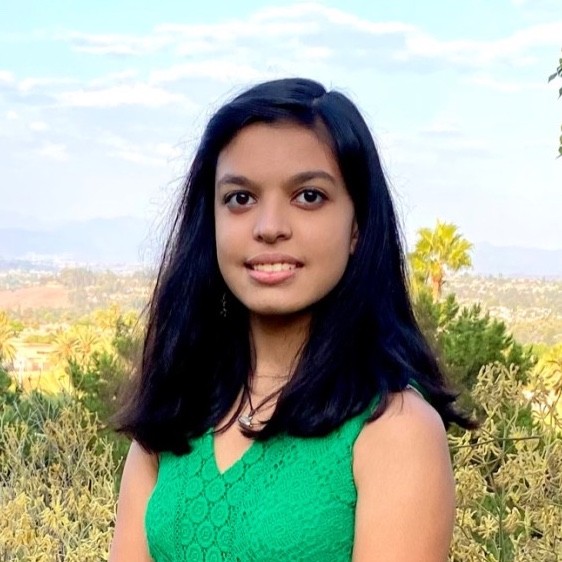By Greg Mellen
Ever since a friend was involved in a serious car accident, possibly induced by stress, Akshata Tiwari has had an interest in protecting others from being involved in similar misfortunes.
“She was stressed out and hit someone,” Tiwari said of her friend’s accident. “I realized it could happen to anyone. A large portion of driver negligence is stress induced.”
That set Tiwari on a path to developing a system that brings about non-invasive detection of driver stress through video in semi-autonomous vehicles.
Those studies, in turn, led the senior from Aliso Niguel High School to be named one of America’s top teen scientists in a prestigious competition rewarding achievements in innovation and leadership in STEM (science, technology, engineering, and math).
Tiwari, 17, was among 300 students selected by the nonprofit Society for Science from more than 1,900 applicants as winners of the 2023 Regeneron Science Talent Search.
Winning students received a $2,000 scholarship, with a matching amount going to their school. From the top 300, 40 finalists were selected to compete for $1.8 million in awards during a weeklong competition in Washington, D.C. in March. Although Tiwari did not make that list, it has not diminished her passion for her project.
She is currently fine-tuning a stress-detection device, perfecting the software for her project, and Is in the process of obtaining a patent.
Tiwari was recognized for her research on creating a non-invasive, real-time system that can monitor the stress of operators of semi-autonomous vehicles, such as pilots of airplanes, to improve safety and reduce the risks of accidents. Her software uses artificial intelligence and computer vision algorithms to remotely detect the driver’s emotions, heart rate, and facial features, components strongly associated with stress.
Tiwari said she had had her sights set on the Science Talent Search for a couple of years. She set off on her project by building off classes she had taken through Cal Berkeley and Harvard and a summer program at MIT.
Of particular interest to Tiwari are the intersections between computer and artificial intelligence and human thought, or as she says, “the ability to model or mimic human abilities and cognition through computers.”
The Science Talent Search bills itself as the nation’s oldest and most prestigious science and math competition for high school seniors. The top 300 students were chosen from 194 American and international high schools in 35 states and China.
“Each year, I am tremendously impressed by the ingenuity that the students bring to the competition,” Maya Ajmera, President and CEO for the Society for Science and the Publisher of “Science News,” wrote in a statement. “Their hard work, creativity and perseverance should be applauded.”
In 2017, the Regeneron biotech company became the title sponsor for the contest, which launched in 1942. Through its 10-year, $100 million commitment, Regeneron has nearly doubled awards to $3.1 million annually, with a top award at $250,000.
Topics in this year’s contest ranged from analyzing the impact of the Russia-Ukraine war to developing eco-friendly biofuel to improving methods used to detect diseases and neurological disorders.
Tiwari said the first time she recalls being truly engaged in STEM was when she presented a physics project to fellow students as a third grader. The ability to ask questions, share her work, and the spark of scientific inquiry ignited her interests in computer science and artificial intelligence.
With a “4.7-something” grade point average, Tiwari is awaiting responses from colleges to which she has applied. Wherever she goes, she hopes to major in management, entrepreneurship, and technology.
If her pet project comes to fruition, she would be delighted to be at the forefront of being able to discern stress and “translate it into data,” so those like her friend will be better protected.

